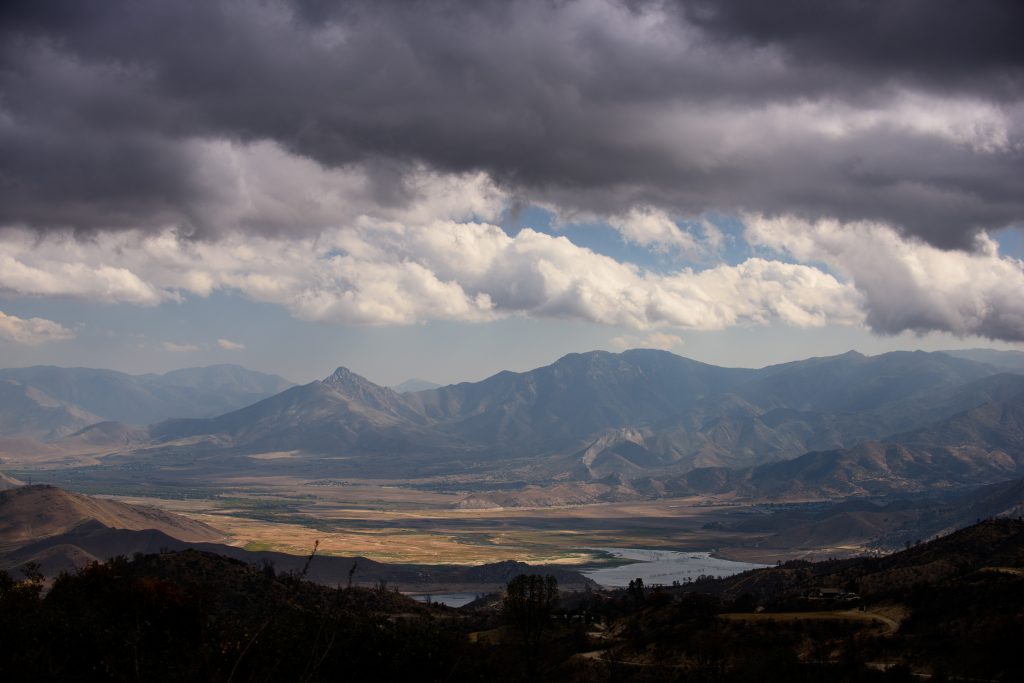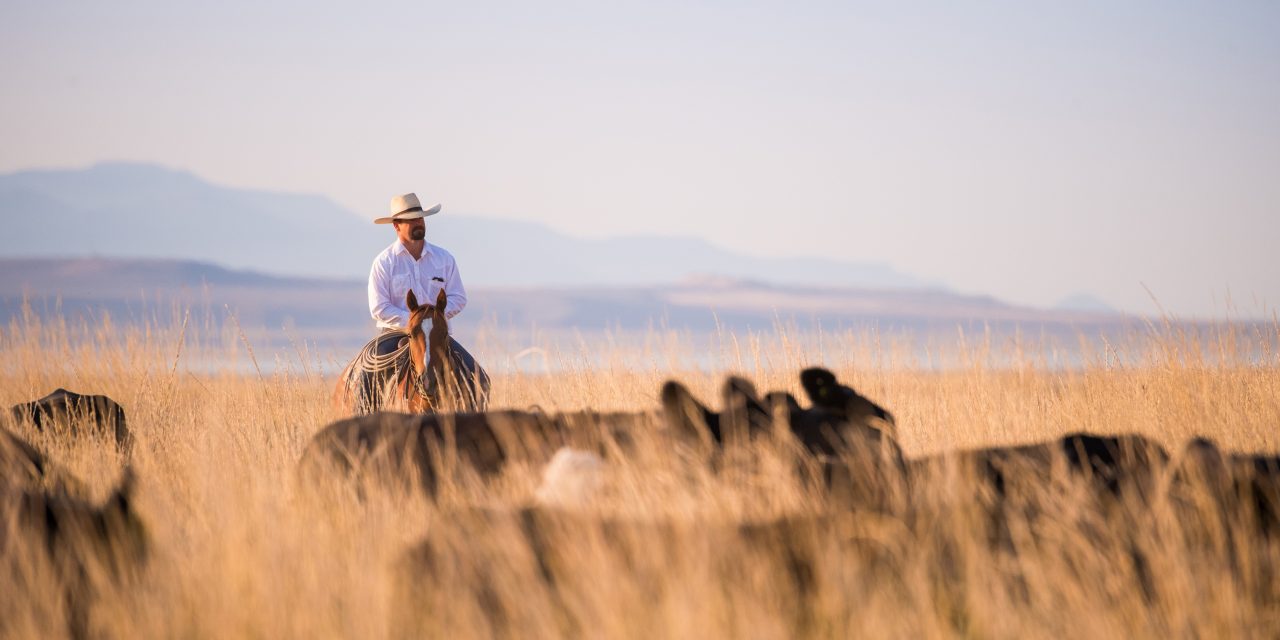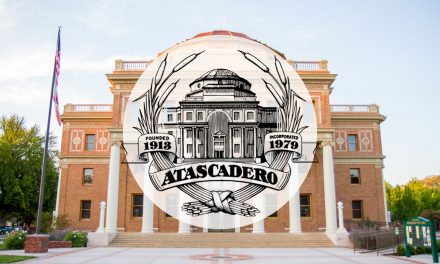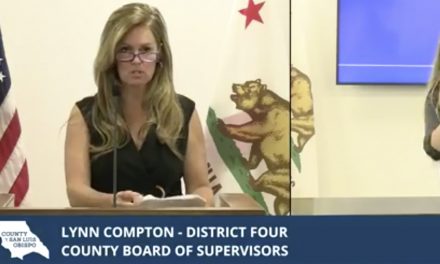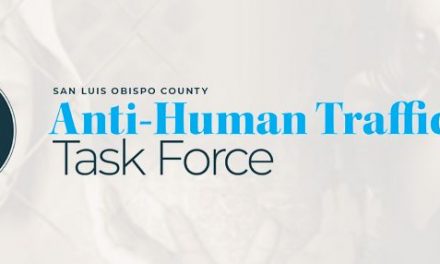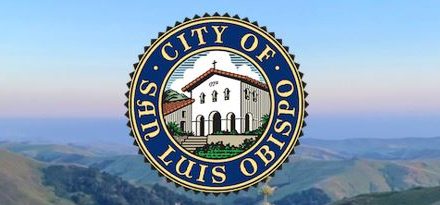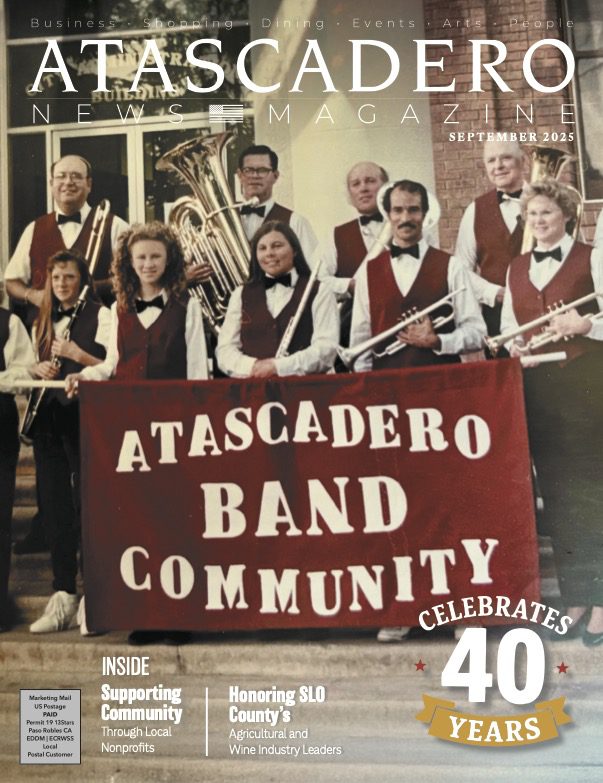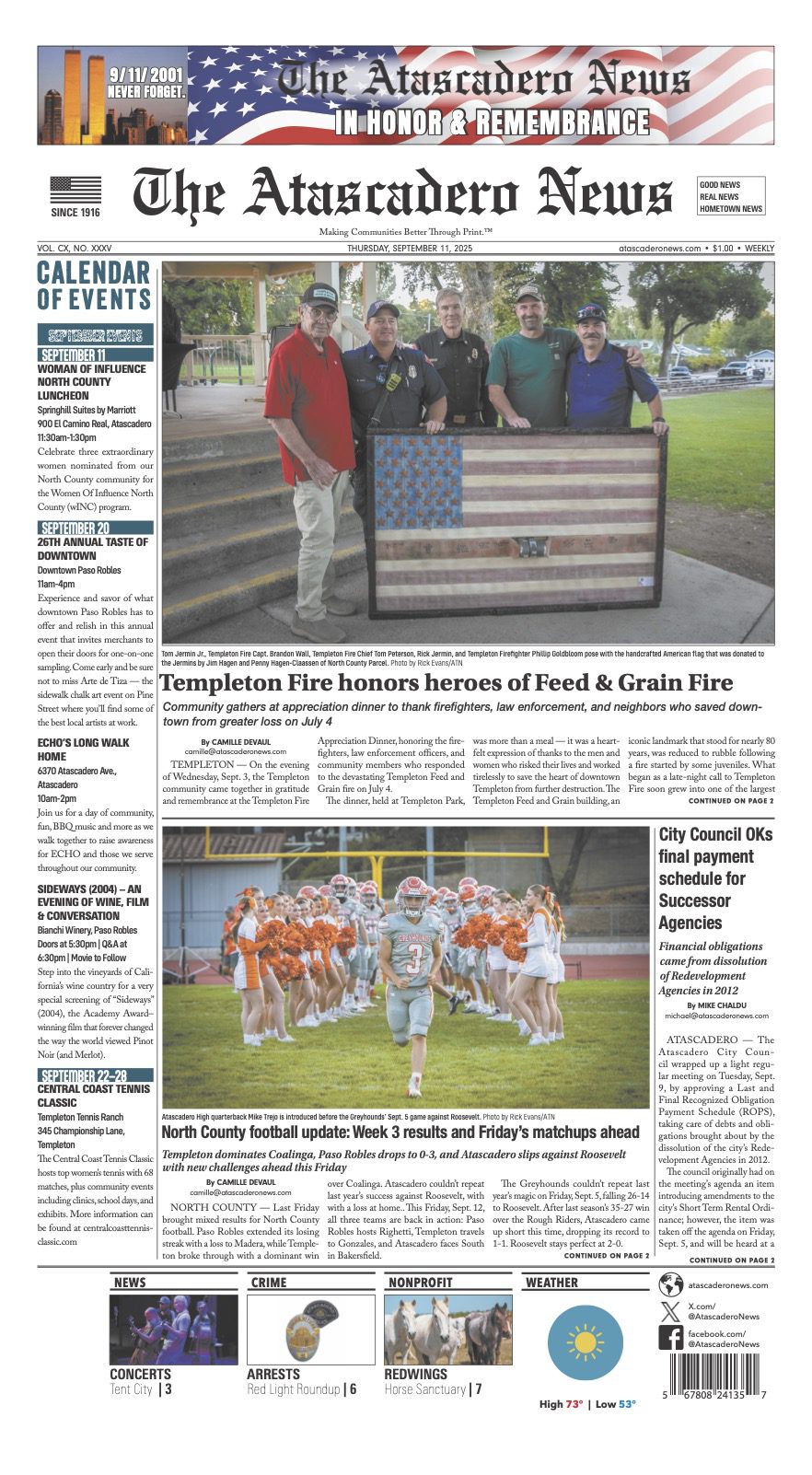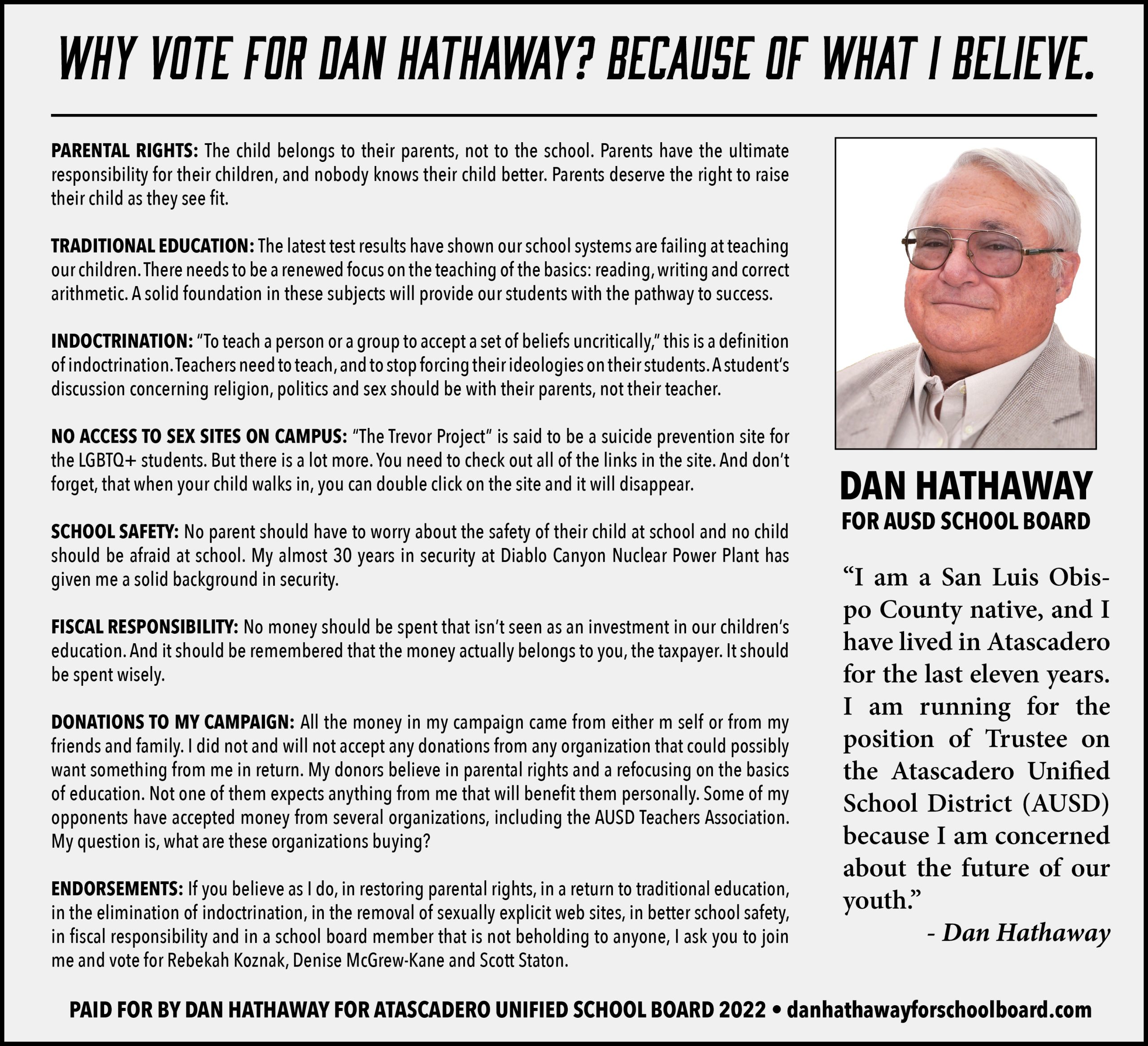Local photographer Brittany App debuted her first film, “Where There Once Was Water,” on the San Luis Obispo Film Festival’s final day, Mar. 14.
App directed and produced the film, which took five years to complete.
“The day that kicked it off, I was sitting on my porch, and I looked across the street, and my neighbor was power washing his boat in his driveway, and it just made me crazy. And so I thought I need to do something as a creative person to bring a bit more attention to the issue because some of us are just not understanding what drought means,” said App.
App calls herself an accidental water advocate. After traveling the world in 2008 and seeing the lack of access to clean water, App knew she had a calling to help the water crisis.
In 2010, App raised money for WaterAid, an international non-profit providing access to clean water and sanitation globally, by bicycling across the United States, raising $15,000.
Initially, App set out to document the effects of the drought throughout the state with photos. App realized there was so much more to the topic than she could cover with just photos, so she decided to create a film.
In 2014, App raised funds for her film by placing the campaign on a Kickstarter page. The film has been funded entirely by donations. App reports she hasn’t made a penny from the film since its start.
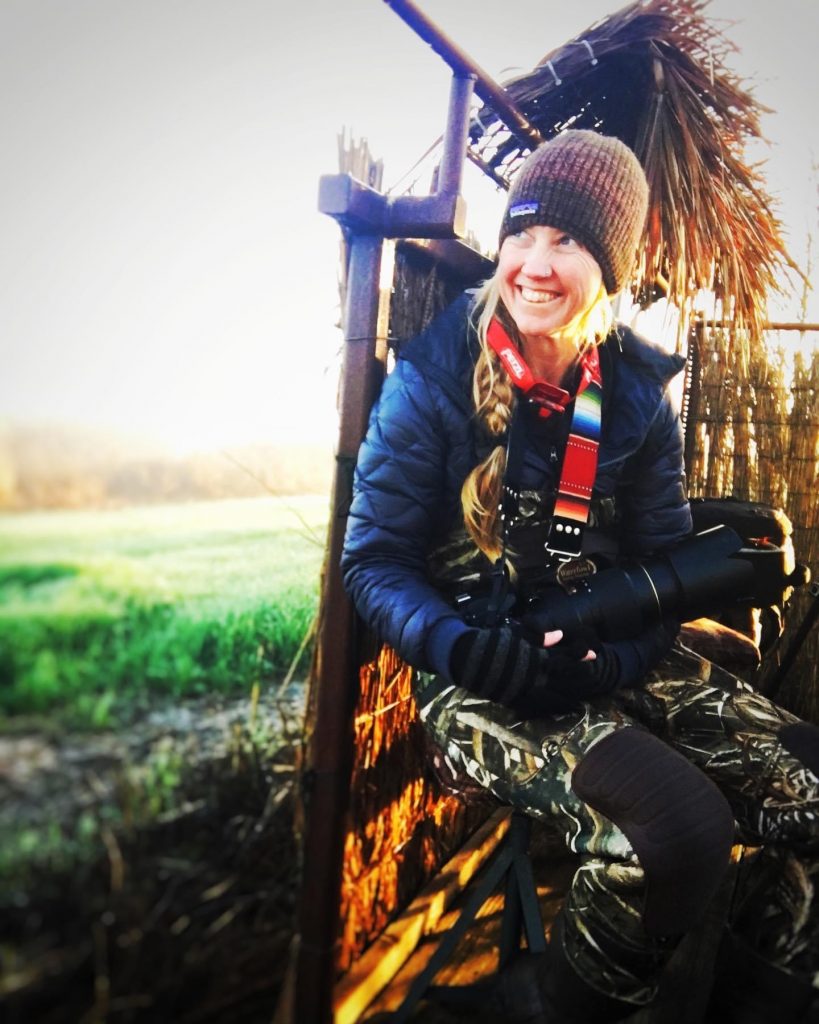
App traveled around California and the Southwest, some of the driest places in the country. As a result, App has become active in the non-profit DigDeep, an organization working to bring running water to Navajo Nation families.
Over 1.7 million people in the United States are still living without access to clean running water.
In the film, App works with Indigenous communities, including Kandi White, native energy and climate campaign organizer.
App’s eye-opening film showed viewers the effects of drought, lack of water access, water pollution and then showed ways we can fight the crisis.
Jason Haas, a partner and general manager of Tablas Creek Winery, was featured in the film as an example of water-conscious practices.
From the Tablas Creek website, “We believe in the potential for regenerative agriculture to make a meaningful contribution to solving the world’s most pressing climate and resource challenges. To that end, we are proud to have become the United States’ first Regenerative Organic Certified™ vineyard in 2020.”
Tablas Creek, located at 9339 Adelaida Road in Paso Robles, is a primarily dry-farmed vineyard and uses similar practices in the South of France.
According to Haas, grapes can be dry-farmed if they are set up to do so at an early age. At Tablas Creek, new vines are irrigated for about the first two years, and then they are dry-farmed.
From the Tablas Creek website, “We believe strongly in wines of terroir — the French term best translated as “somewhereness” — and choose our vineyard and winemaking practices to maximize our chances of expressing our terroir in our wines. Our goal is to produce wines with a true reflection of their varietal character, of the place where they were grown, and of the vintage that they came from.”
In addition to being water conscious, Tablas Creek practices biodynamic farming.
“We began farming the vineyard Biodynamically in 2010 and have incorporated a mixed grazing herd of sheep, alpacas, and donkeys into the vineyard since 2012. Our other Biodynamic practices include our extensive composting program; interplanting fruit trees among the vines, leaving sections of native vegetation, and planting insect-friendly flowering plants to attract and support a healthy mix of insects; building owl boxes to control rodent pests naturally; and keeping our own hives of bees. We received our Biodynamic® certification in 2017.”
App decided she wanted to challenge herself during the film.
“I challenged my assumptions and was very happy for it, and it’s a very scalable solution to the problems we face,” said App.
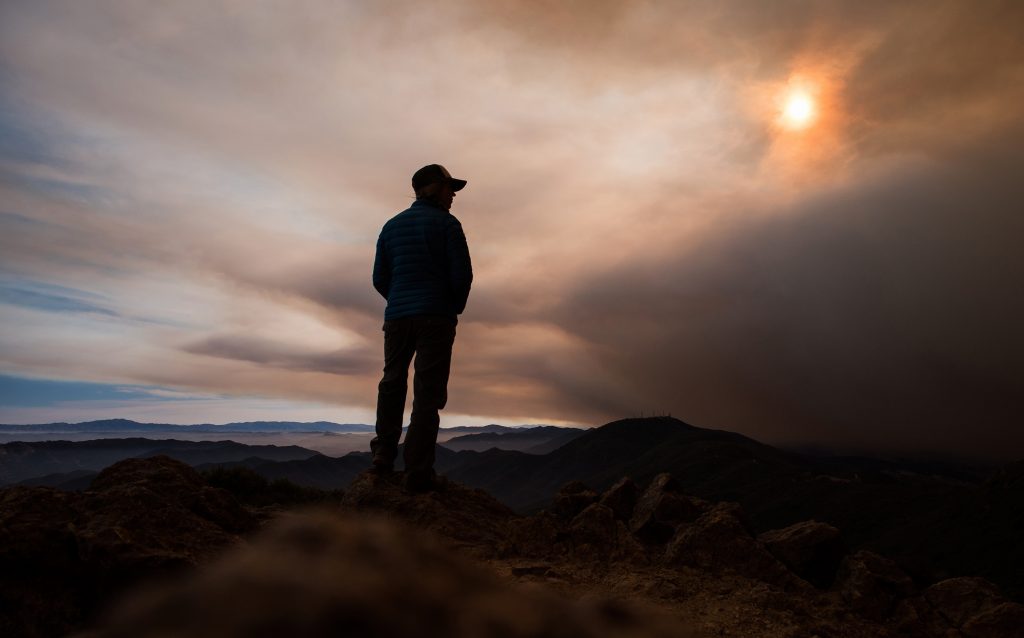
Going into the film, App was convinced cows were an enemy to water.
“I went into this with the assumption, and it’s a pretty common assumption because it’s an unfortunate assumption these days is that all cows are bad and eating beef is bad–I forced myself to challenge that assumption because I thought nature designed animals and plants to support each other,” said App.
After meeting with a holistically managed ranch in Northern California, App says she was amazed, “The biggest surprise for me is that it turns out that cows can actually be a champion for restoring water cycles–it’s not that the cows are good or bad it’s our management.”
App has been a photographer on the Central Coast for 20 years, growing up in Morro Bay and now living in Carrizo Plains.
Since App began her photography business, she has been a photographer for the Mid-State Fair and says she has always loved the agricultural space.
App closed escrow on her Carrizo Plain’s off-grid cabin in March of 2020. Five days later, California went into its first lockdown for COVID. What great timing!
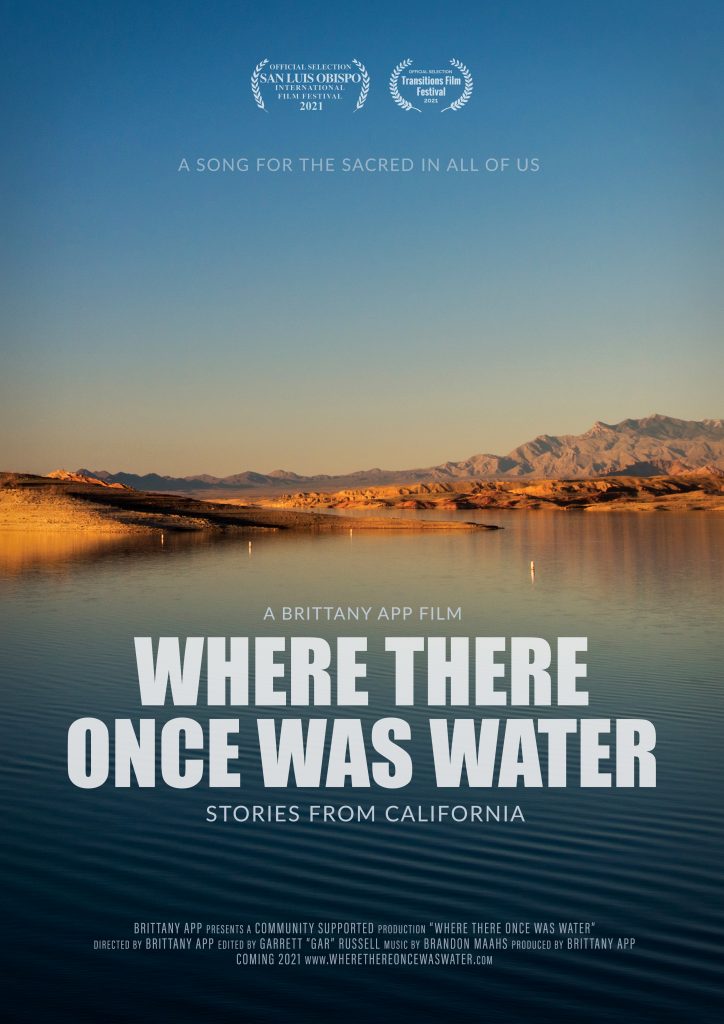
Due to COVID, App had to cancel and postpone almost all of her photography jobs. But there is a silver lining in every cloud.
Being forced to stay home, App was able to finish her film and passion project finally.
The film was featured on the closing night of the SLO Film Fest, Mar. 14, which a panel hosted by Pepper Daniels followed, all held virtually and through Zoom.
From her film, App hopes, “people feel empowered and that there is a way that they can get involved regardless of how big or small or how random or common it feels. I hope that people find a way in their own life where they can be a voice for the water.”
App added she wants people to “Develop a personal relationship with water and to find a way where they can speak up for our water by changing one small piece of their life.”
From App’s director’s statement on the film’s website,
“Through research, curiosity, and love, I have attempted, with this film, to be in service to the water that gives us life. To tell the story that connects us all… the story of water. Time is short. The climate has changed. Water is sacred. We must find a new way. We must write a new story. And we must write it together. The choice point has arrived.”
To learn more about App’s film, “Where There Once Was Water,” visit wherethereoncewaswater.com/#home-section
